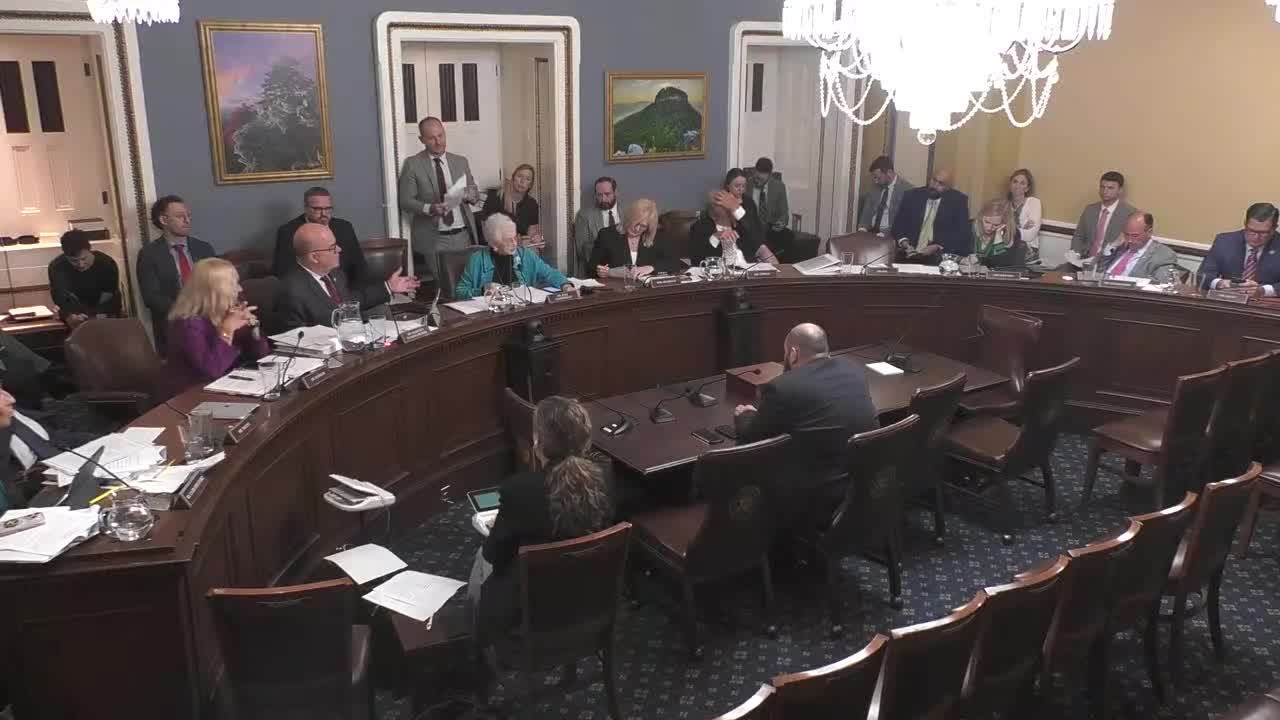
This article was created by AI using a video recording of the meeting. It summarizes the key points discussed, but for full details and context, please refer to the video of the full meeting. Link to Full Meeting
One of the most contentious topics was an amendment proposed by Representative Jim McGovern, which aimed to compel the Trump administration to disclose the Epstein files. McGovern argued that the amendment was essential for transparency, suggesting that the administration either had information it was withholding or had misled the public about the existence of such information. Despite support from several committee members, the amendment was ultimately rejected with a vote of 4 to 8.
Another key discussion centered on cryptocurrency legislation. Representative Mary Scanlon introduced an amendment to establish a "crypto investor and consumer bill of rights," which would include provisions for customer service, insurance coverage, and fiduciary rules. This amendment also sought additional funding for the SEC and CFTC to implement these regulations. However, it too faced opposition and was not passed, receiving the same 4 to 8 vote against it.
Additionally, Representative Joe Neguse proposed an amendment to ban members of Congress and high-ranking officials from endorsing digital assets, requiring any existing assets to be placed in a blind trust. This amendment was also rejected, highlighting ongoing concerns about conflicts of interest in the rapidly evolving cryptocurrency market.
The committee also addressed military funding, with Representative Teresa Leger Fernandez advocating for continued support for the Readiness and Environmental Protection Integration (REPI) program, which aims to mitigate environmental threats to military readiness. Despite her compelling arguments about the program's importance, the amendment did not pass.
In conclusion, the hearing underscored the complexities and divisions within Congress regarding transparency, financial regulation, and military readiness. As these discussions continue, the implications for public policy and community stakeholders remain significant, particularly in the realms of accountability and environmental protection. The committee's decisions will shape future legislative efforts and reflect the ongoing challenges faced by lawmakers in addressing these critical issues.
Converted from Rules Committee Hearing H.R. 1919, 3633, 4016, and S. 1582 meeting on July 15, 2025
Link to Full Meeting
Comments
View full meeting
This article is based on a recent meeting—watch the full video and explore the complete transcript for deeper insights into the discussion.
View full meeting